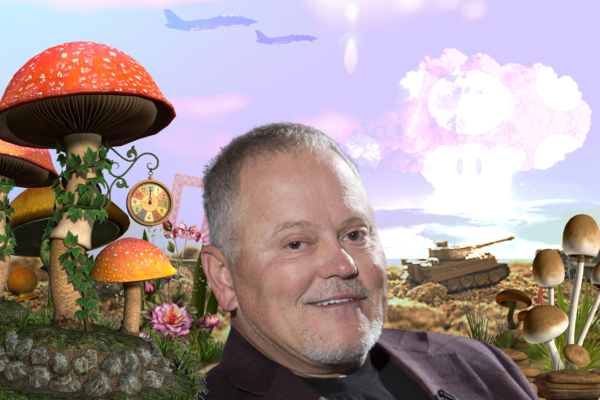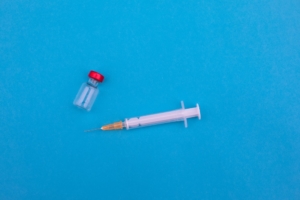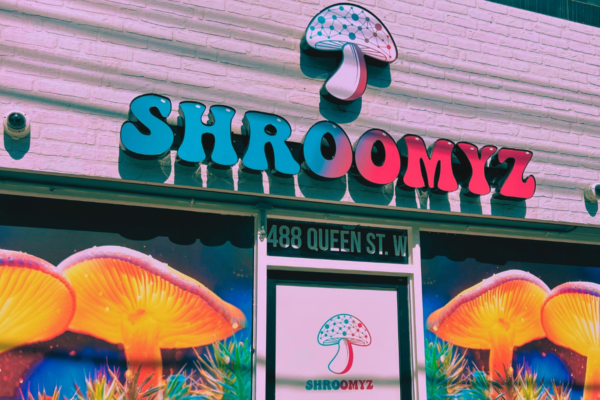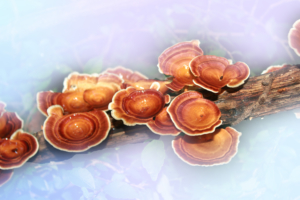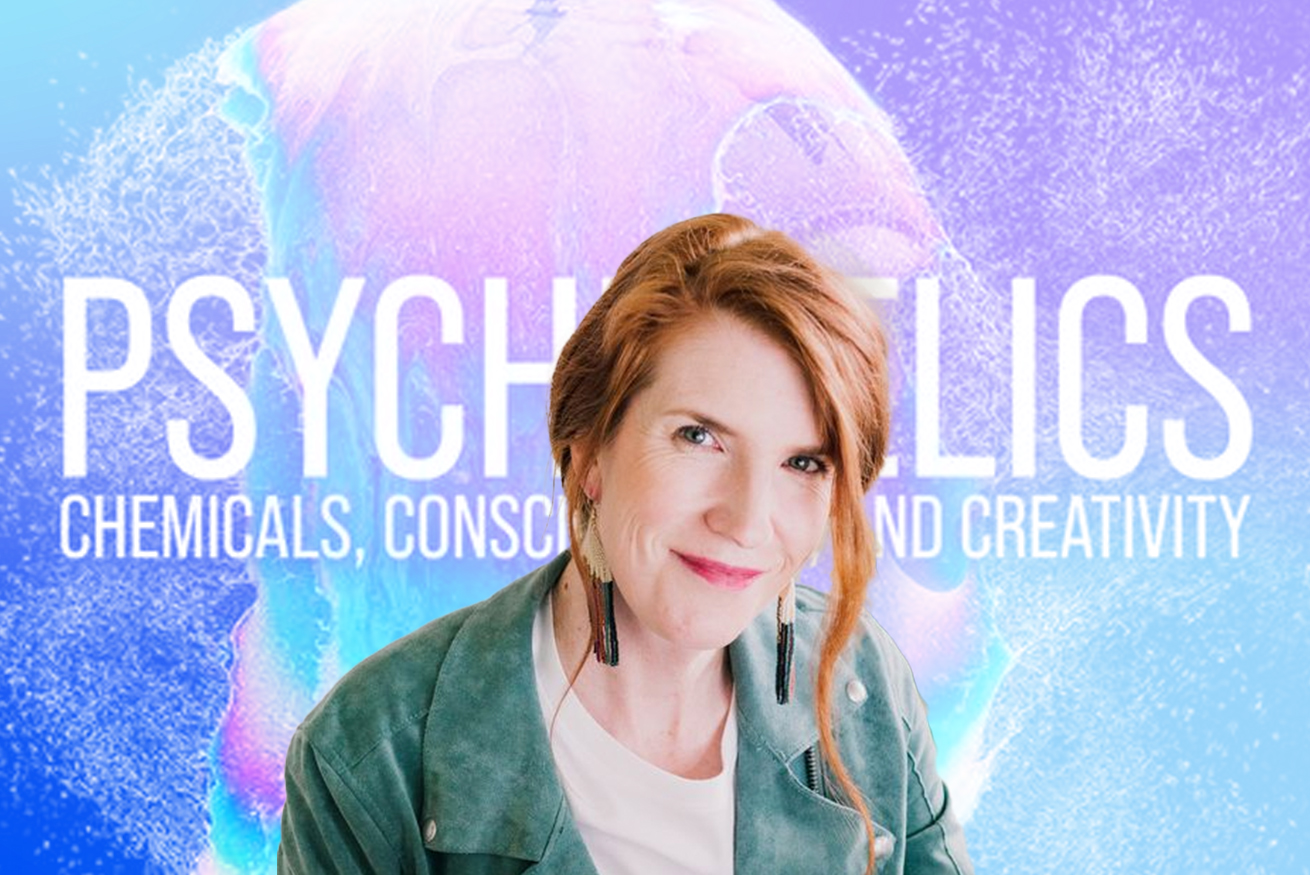
At Psychedelic Spotlight, we have our eyes peeled for instances where the discussion about psychedelic medicines penetrates the mainstream. One such instance is in the form of a segment recently produced for the World Science Festival by Caitlin Riley.
The panel discussion, intended for a wide audience, is hosted by Professor Brian Greene of Columbia University and features a panel made up of Dr. Gül Dölen from Johns Hopkins, Dr. Rick Doblin from MAPS, and Comedian/Musician Reggie Watts.
The World Science Festival is an annual science festival produced by the World Science Foundation, a 501(c)(3) non-profit organization headquartered in New York City. The festival was founded and created by Brian Greene, professor of mathematics and physics at Columbia University and author of several science books including The Elegant Universe, and The Hidden Reality; and Tracy Day, a four-time National News Emmy Award-winning journalist and producer.
The foundation’s mission is “to cultivate a general public informed by science, inspired by its wonder, convinced of its value, and prepared to engage with its implications for the future.”
It’s the “general public” part that is eye-catching here, as it will take achieving a critical mass in the public’s willingness to embrace legislation aimed at decriminalizing and/or legalizing psychedelic medicine in various jurisdictions across North America.
We caught up with producer Caitlin Riley to pick her magical brain as to how this segment came together.
PS: Why does the World Science Festival care about psychedelics?
Caitlin: This isn’t a new topic for the Festival; they produced a program about psychedelics in 2019, but it really just scratched the surface and touched on clinical applications. This time we wanted to delve deeper into healing and connection as well as consciousness, creativity, and personal experience. The result is an interdisciplinary discussion with physicist and WSF co-founder Brian Greene, Rick Doblin of MAPS, Gül Dölen of Johns Hopkins, and the wonderfully weird musician and comedian Reggie Watts.
PS: I heard there’s a funny story behind getting Reggie Watts on the panel, are you at liberty to elaborate?
Caitlin: Reggie’s brilliant and I knew I wanted him on the panel, but nailing him down wasn’t easy. When his agents repeatedly wouldn’t respond, I went rogue. I tracked down the address of his childhood home in Montana, where I assumed he’d be for Thanksgiving. Then I sent a Fed Ex package with a pitch letter, Brian’s book, and some Robitussin, which I heard was the first “psychedelic” Reggie experienced as a teen. Stalker-ish? Maybe. But did it work? Hell yes, it did.
PS: What brings you to the field of psychedelic storytelling? Have you had any personal experience with these medicines?
Caitlin: I’ve worked in film and television for years, but my interest in psychedelics stemmed from my own quest to heal chronic illness. The journey led me on a worldwide journey through Central America, South America, Europe, and later to Gabon. It’s been a wild ride, and the experience has prompted my desire to understand not only how these compounds work in the mind and the body but how they shift the stories we tell about ourselves and the world around us.
PS: The section of the program featuring the testimonial from Lieutenant Sarko Gergerian is a powerful and provocative take on psychedelics from a representative of law enforcement here in the US, the kind of which we rarely see. How did this happen and what do you think could come of it?
I first heard of Sarko via Rick Doblin, who met him at the International Association of Chiefs of Police (IACP) conference a few years back. I don’t think Sarko’s suggesting that psychedelics will magically end PTSD, racism, or police brutality, but he does see them as powerful tools for connection, which can potentiate healing. Not everyone will agree, but at least he’s starting the conversation. I hope other law enforcement officials will have the courage to join in the discussion… or at least open their minds and listen.
PS: What do we mean when we talk about healing? Are there universal truths at the core of the effort to heal?
Caitlin: Many of us are accustomed to looking outside ourselves –to a pill or a potion or a provider– for healing. I know I am, and it’s a habit that’s been tough to break free of. I’ve had some life-changing experiences with psychedelic medicines, but none have been quick fixes. In my mind, psychedelics are catalysts that allow us to see the work we need to do to heal. And then we have to go out and do it.
Watch the full discussion here: Psychedelics: Chemicals, Consciousness, and Creativity.

